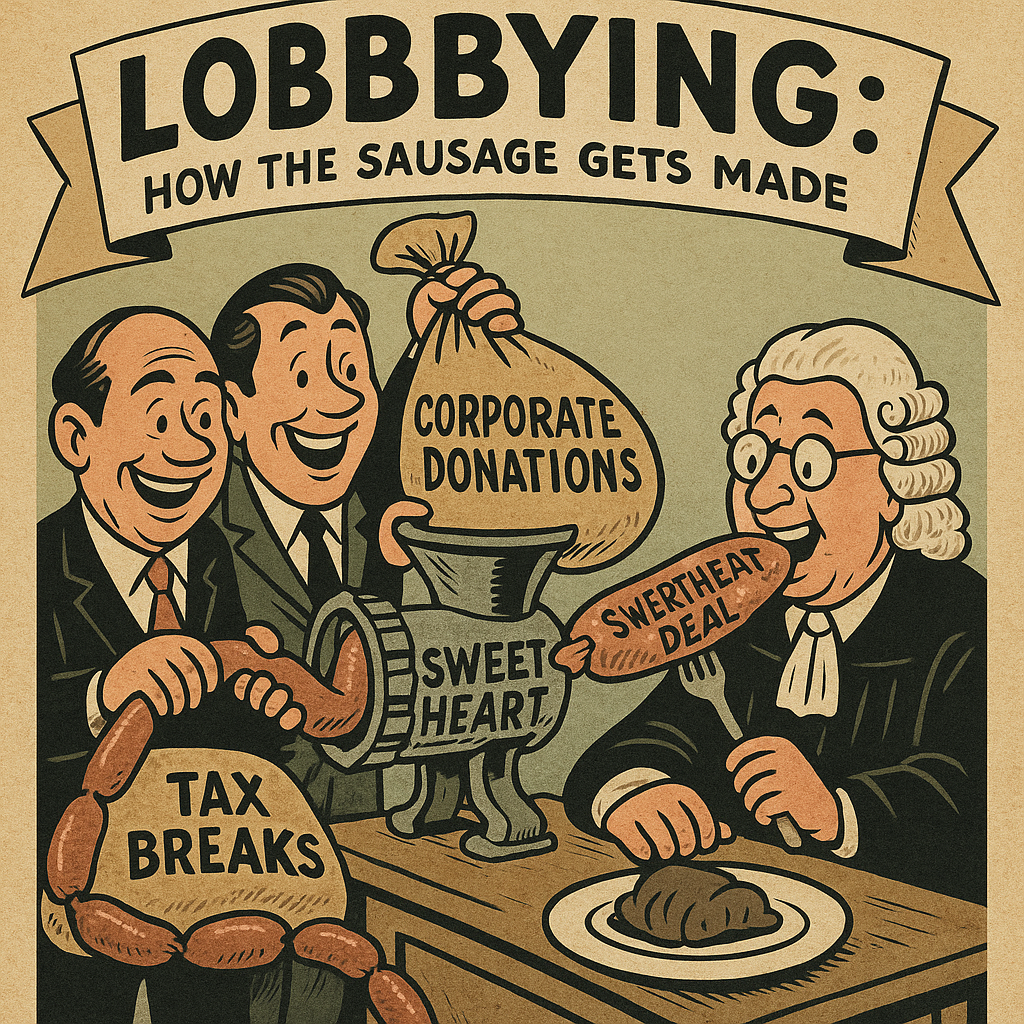In our previous discussions, we've explored various tax strategies employed by large corporations to minimize their tax liabilities. However, many of these strategies are also accessible to small businesses and self-employed individuals. Despite this, a significant number of eligible small businesses fail to take advantage of these opportunities, leaving substantial tax savings on the table.
The Data: Who’s Missing Out?
R&D Tax Credit:
The Research & Development (R&D) Tax Credit is designed to incentivize innovation by allowing businesses to claim a credit for qualified research expenses. While large corporations often capitalize on this credit, small businesses are notably underrepresented.
- In 2014, over $12 billion in R&D tax credits were claimed, yet many eligible small businesses and startups did not participate.
Section 199A Deduction:
Section 199A of the Internal Revenue Code provides a deduction of up to 20% on qualified business income for eligible businesses. This deduction can significantly reduce taxable income, yet many small business owners are unaware of its benefits.
- For instance, a sole proprietor with $100,000 in qualified business income could potentially deduct $20,000, resulting in substantial tax savings.
Real-World Examples of Missed Savings
Example 1: The Overlooked R&D Credit
A small software development firm spends $150,000 annually on developing new software solutions. Unaware of the R&D tax credit, they miss out on a potential credit ranging from $7,500 to $22,500 (5% to 15% of qualifying expenses).
Example 2: Ignoring Section 199A
A freelance consultant earns $120,000 in net income. By not claiming the Section 199A deduction, they forgo a potential $24,000 deduction, which could translate to approximately $5,760 in tax savings, assuming a 24% tax rate.
Why Are Small Businesses Missing Out?
Several factors contribute to this underutilization:
- Lack of Awareness:
Many small business owners are simply unaware of these tax provisions or assume they don't qualify. - Complexity of Tax Code:
The intricacies of tax laws can be daunting, leading business owners to avoid exploring potential deductions and credits. - Limited Access to Specialized Tax Advice:
Unlike large corporations with dedicated tax departments, small businesses may not have access to professionals who can navigate these opportunities. - Fear of Audits:
Concerns about triggering an IRS audit may deter business owners from claiming certain deductions or credits.
Steps to Maximize Tax Savings
To ensure you're not leaving money on the table:
- Consult with a Tax Professional:
Engage with a CPA or tax advisor familiar with small business tax strategies. - Educate Yourself:
Stay informed about tax provisions relevant to your business. - Maintain Detailed Records:
Keep thorough documentation of expenses and activities that may qualify for deductions or credits. - Review Annually:
Regularly assess your eligibility for various tax benefits, as laws and business circumstances can change.
Another Barrier: Tax Software and Mass-Produced Compliance
Even if a small business owner wanted to take advantage of these tax-saving strategies, there’s one final boss standing in their way:
The software.
Most small businesses are preparing their taxes using:
- TurboTax Self-Employed
- H&R Block online
- Some vaguely overwhelmed “small biz specialist” working in a strip mall next to a Jimmy John’s
And while these tools are great for entering mileage and checking boxes, they aren’t built to capture nuance. They don’t strategize. And they certainly don’t say:
“Hey, want to claim that R&D credit you're obviously eligible for? Here’s how.”
What’s the Problem with the Software?
- No Prompting for Credits: Unless you know exactly what you’re eligible for and go looking for it, the software won’t ask.
- Over-simplification: It’s designed to “keep things simple” — and simple usually means conservative and minimal deductions.
- No Entity Strategy: It won’t say, “Hey, if you formed an S Corp last year and paid yourself a reasonable wage, you’d save $5,000.”
- Limited Real-Time Guidance: No one is asking, “Did you build an app? Launch a product? Try something new? That might qualify for a credit.”
Instead, these systems rely on:
- Form compliance
- Box checking
- And a healthy dose of “better safe than sorry”
Which is fine for W-2 employees with a side hustle — but woefully inadequate for any real business owner trying to optimize.
What About H&R Block or Other Chain Prep Firms?
Let’s be blunt:
- Most of these firms train their staff for basic individual prep.
- Their “small business experts” are trained in form entry, not tax planning.
- Their internal incentive structure is based on volume, not value.
Your local H&R Block employee may be excellent at data entry — but they’re not building depreciation schedules, analyzing QBI phaseouts, or proactively hunting for carryforward credits.
They are trained to not take risks. And taking legitimate, aggressive deductions on a Schedule C or 1120S feels risky if you’ve never seen it done before.
So what happens?
- R&D credits go unclaimed.
- 199A deductions are ignored.
- Home office deductions are missed.
- Vehicles are under-depreciated.
- Entity strategy never comes up.
The result? Small business owners leave thousands to tens of thousands of dollars per year on the table — while doing everything “by the book.”
The Outcome: Mass Compliance, Minimal Strategy
In essence, the same tools and firms that claim to “serve small businesses” are often the reason they fail to maximize their benefits.
Meanwhile, corporations with:
- Tax attorneys
- In-house CPAs
- Custom modeling tools
...are aggressively mining the code for every edge.
Same tax system. Entirely different game.





.svg)